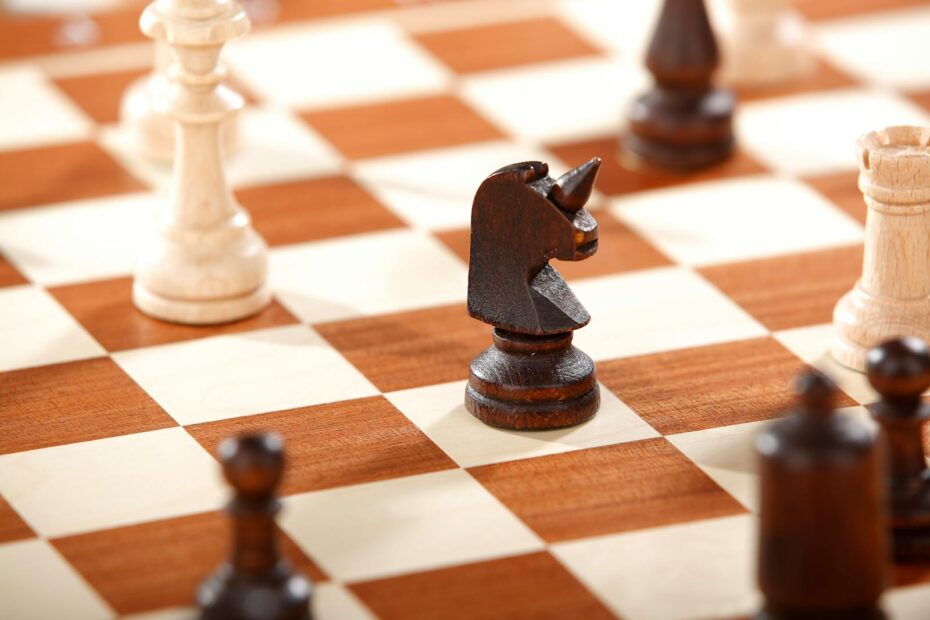Chess, an intricate game of strategy and skill, captivates minds across all ages. Understanding the rules thoroughly, including what constitutes an illegal move in chess, is crucial for both beginners and seasoned players aiming to enhance their gameplay. This guide illuminates the various aspects of illegal moves in chess, ensconcing you on the right path to mastering the game’s rules and playing correctly.
What Constitutes an Illegal Move in Chess?
An illegal move in chess happens when a player makes a move that violates the game’s rules. Identifying these moves is paramount to maintaining the integrity of the game. Below, we delve into common illegal moves and how to avoid them.
- King in Check: Moving your king into check or not moving your king out of check.
- Pawn Promotion: Failing to replace a pawn upon reaching the opposite side of the board.
- Moving Pieces Incorrectly: Each chess piece has specific movement rules. Ignoring these rules results in an illegal move.
Consequences of Illegal Moves in Chess
The consequences of making an illegal move can vary depending on the level of play and the specific rules of the tournament or game setting. Common repercussions include:
| Setting | Consequence |
|---|---|
| Casual Play | Move reversal and education on the correct rule. |
| Competitive Play | Penalties ranging from a warning to forfeit of the game. |
Preventing Illegal Moves
Avoiding illegal moves begins with a solid understanding of chess rules. Here are some tips to keep your plays within legal bounds:
- Study the Movement Rules: Familiarize yourself with each piece’s movement capabilities.
- Check Your King: Before making a move, ensure your king is not in check or will not be put in check.
- Practice Regularly: Regular gameplay and review of past games can help reinforce proper move execution.
Enhancing Your Chess Strategy
While avoiding illegal moves is fundamental, advancing your chess strategy involves more nuanced understanding. Consider the following areas for improvement:
- Opening Theory: Learn various opening strategies to start your games on strong footing.
- Middle-Game Tactics: Understand common patterns and tactics used during the middle phase of the game.
- Endgame Knowledge: Mastering endgame scenarios can give you an edge in close matches.
Chess is a game of endless learning and enjoyment. By comprehending what constitutes an illegal move in chess and adhering to the game’s rules, you position yourself for not only fair play but also significant improvement. Continue to immerse yourself in chess literature, play regularly, and engage with the chess community to enhance your skills and appreciation for this timeless game.
